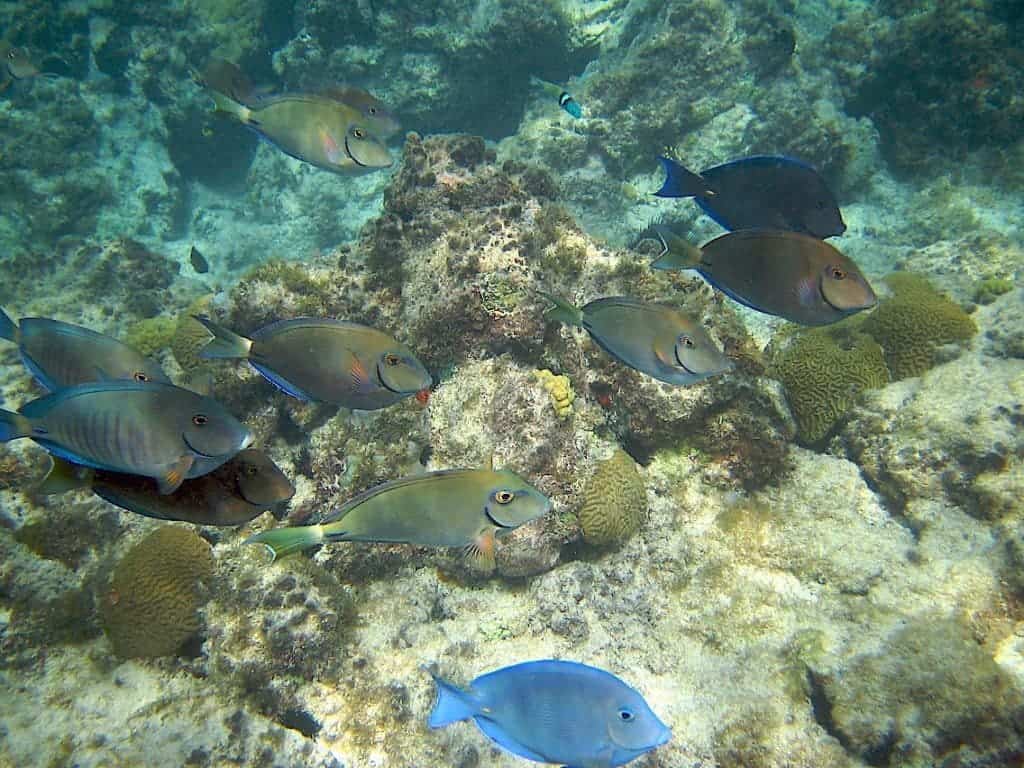Previously invisible to researchers, a group of scientists has discovered genetic changes that cause rapid fish evolution due to intense harvest pressure and heavily exploited fish stocks.

A large number of commercially harvested fish have grown slower and matured earlier over recent decades. This can lead to lower yields and reduced resilience to overexploitation. Scientists have long suspected rapid evolutionary change in fish is caused by intense harvest pressure.
“Most people think of evolution as a very slow process that unfolds over millennial time scales, but evolution can, in fact, happen very quickly,” said lead author Nina Overgaard Therkildsen, professor of conservation genomics at Cornell University.
The paper, “Contrasting Genomic Shifts Underlie Parallel Phenotypic Evolution in Response to Fishing,” was published in Science.
“Slower-growing fish will be smaller and escape the nets better, thereby having a higher chance of passing their genes on to the next generations. This way, fishing can cause a rapid evolutionary change in growth rates and other traits,” Therkildsen said. “We see many indications of this effect in wild fish stocks, but no one has known what the underlying genetic changes were.”
As a starting point, Therkildsen and her colleagues used an influential experiment published in 2002. Six populations of Atlantic silversides, a fish that grows no bigger than 6 inches in length, were subjected to intense harvesting in the lab.
In two populations, the largest individuals were removed; in another two populations, the smallest individuals were removed; and in the final two populations, the fishing was random with respect to size.
After four generations, the harvesting had led to an evolution of an almost two-fold difference in adult size between the groups. Therkildsen and her team sequenced the full genome of almost 900 of these fish to examine the DNA-level changes responsible for these striking shifts.
The research allowed the team to identify hundreds of different genes across the genome that changed consistently between populations selected for fast and slow growth. They also observed large linked-blocks of genes that changed in concert, dramatically shifting the frequencies of hundreds of genes all at the same time.
Surprisingly, these large shifts only happened in some of the populations, according to the research. This means there were multiple genomic solutions for the fish in this experiment to get either larger or smaller.
Research like this can assess human impacts and improve humanity’s understanding of “the speed, consequences, and reversibility of complex adaptations as we continue to sculpt the evolutionary trajectories of the species around us,” Therkildsen said.






